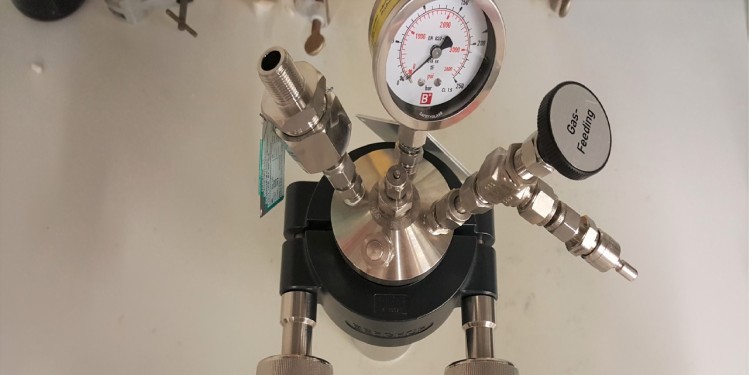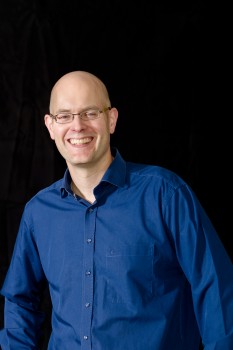
Frank Glorius receives award for catalysis science
For his work in the field of catalysis science, the chemist Prof. Frank Glorius from the University of Münster has received the "2020 Mitsui Chemicals Catalysis Science Award". The prize, endowed with 5 million yen (the equivalent of almost 41,000 euros), is awarded every two years to outstanding chemists under 47 years of age. This year's focus is sustainability, to highlight the social issues including plastic waste management to which the chemical industry could contribute.

The committee honoured Frank Glorius especially for the development of so-called chemo- and enantioselective arene hydrogenation and of additional tools for improving synthesis.
The jury's statement: "Dr. Frank Glorius has developed various catalysts for efficient synthetic organic reactions. Focusing on N-heterocyclic carbene (NHC), Dr. Glorius realized selective arene hydrogenation using metal-NHC complexes, and also applied NHC ligands to nanoparticle catalysts. Furthermore, he has made remarkable achievements in the development of catalysts for C-H bond activation, and also has developed original visible light photoredox catalysts and organocatalysts. Recently, he has been successful in methods for smart data generation and machine learning. These wide-ranging studies have contributed greatly to the development of catalysis science."
